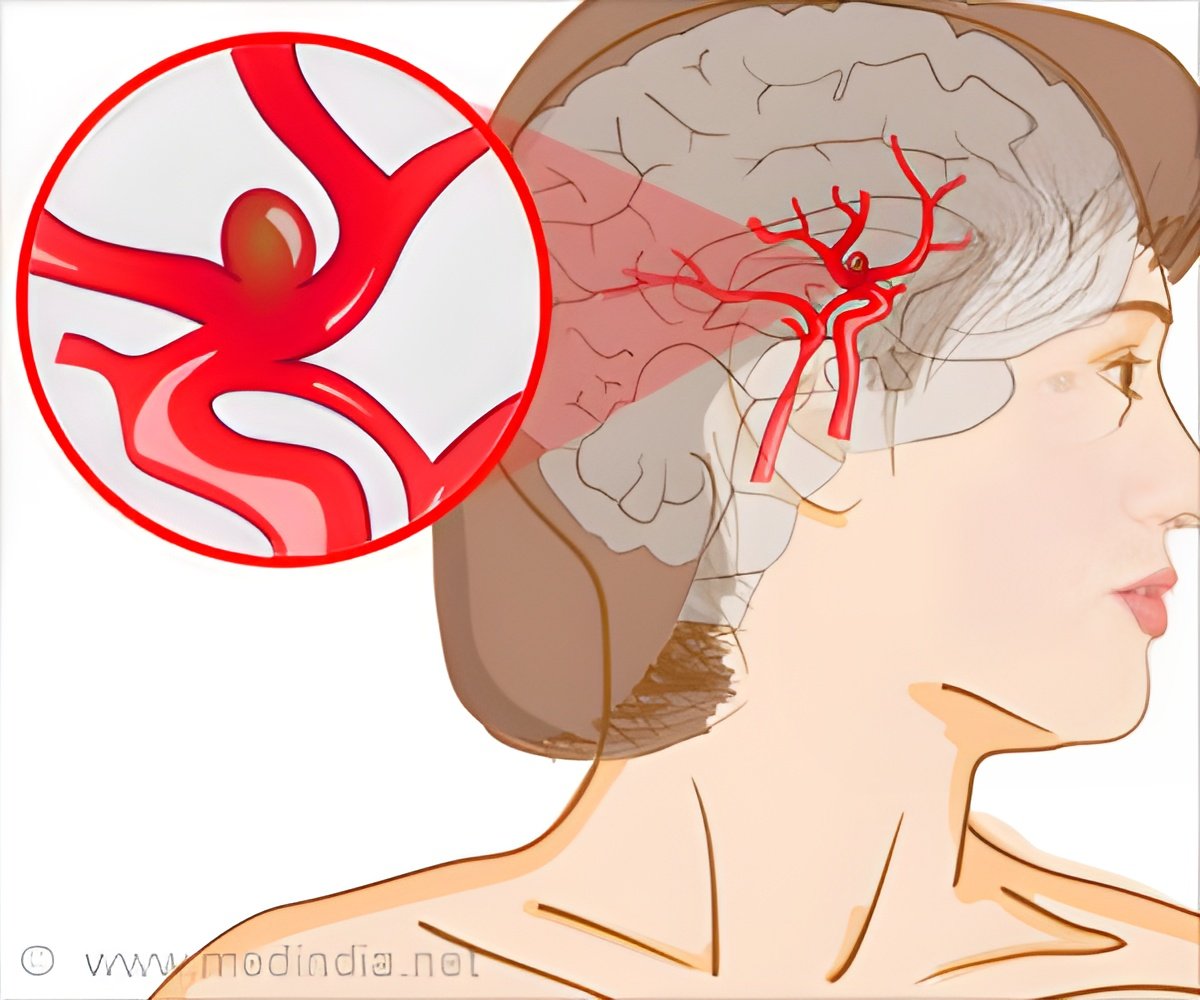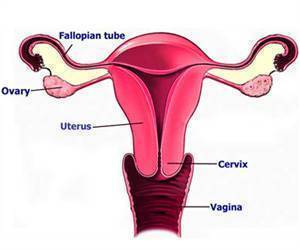The concepts behind this research are the simulation of microgravity and single-cell analyses. Astronauts experience microgravity, the condition in which people appear to be weightless.
‘The actions of T-regulatory cells and natural killer cells are manipulated, whereas B lymphocytes remain unaffected under the conditions of simulated microgravity.’
The team simulated microgravity in blood samples using a Rotating Wall Vessel , a cell culture vessel that produces the effects of microgravity on cells. A high-dimensional mass cytometry technique called single‑cell mass cytometry was used to observe cell-specific functional responses in 18 innate and adaptive immune cell subsets.
In general, T-regulatory cells keep an eye out on the immune responses and control them once a past infection becomes no longer threatening. However, Brice Gaudilliere, MD, Ph.D., co-PI, said, “There is a dampening of T lymphocyte immune activation responses, but also an exacerbation of immunosuppressive responses by T-regs.”
The study also showed that natural killer cells were less active , whereas B lymphocytes remained unaffected under microgravity.
Jordan Spatz, another co-PI, concluded, “From a space medical perspective, we see that microgravity does a lot of bad things to the human body, and we are hoping to gain the ability to mitigate some of the effects of microgravity during space travel.”
Source: Medindia



